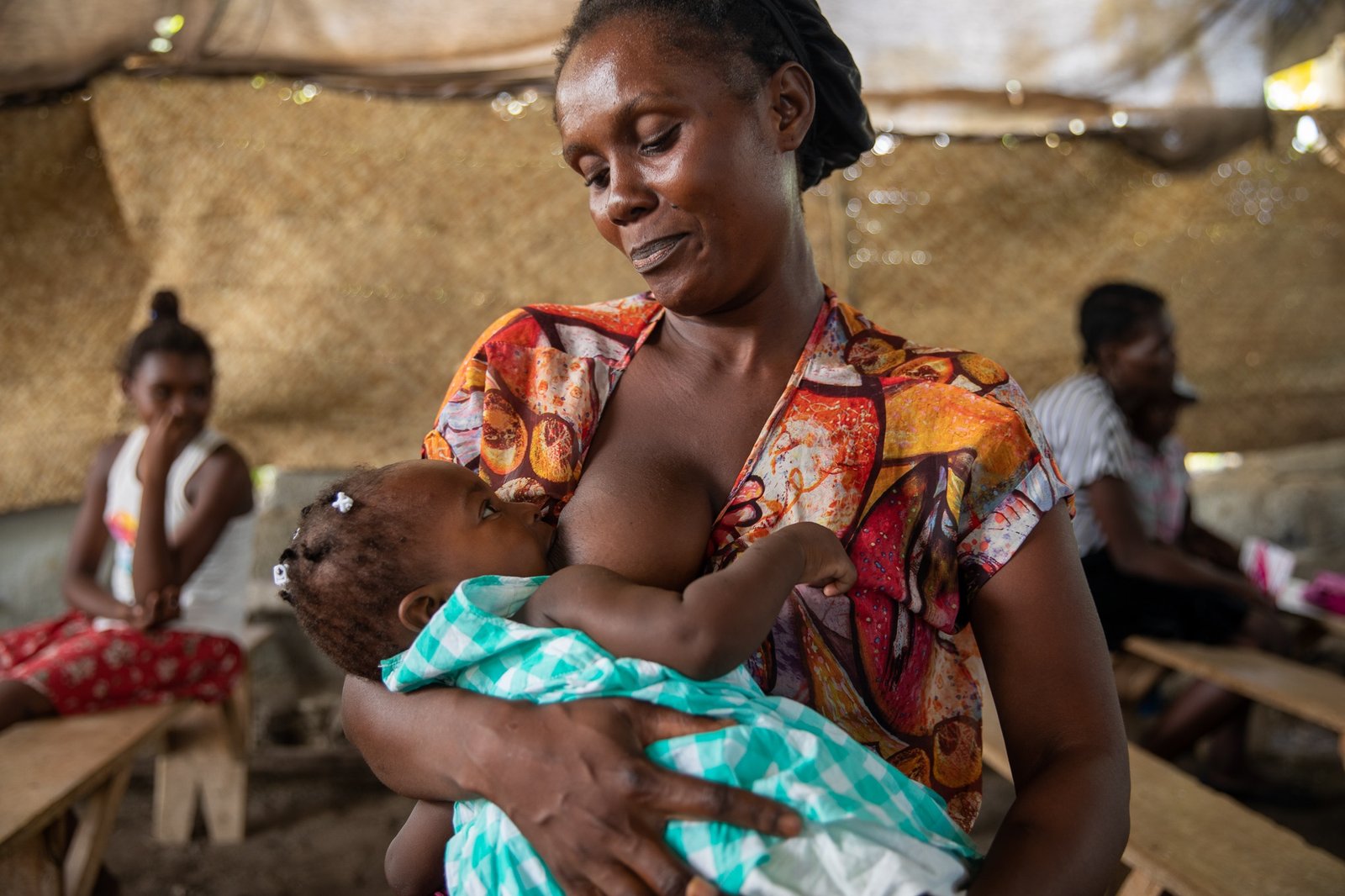Tanzania has recorded remarkable progress in promoting breastfeeding, as new figures show that more mothers are embracing exclusive breast milk feeding during their babies’ critical first months of life.
Recent health data reveal that the percentage of infants who are exclusively breastfed — meaning they receive only breast milk, without any other food or drink, for the first six months — has increased from 58% in 2018 to 64% in 2022. Even more significantly, the proportion of newborns breastfed within the first hour after birth has jumped to 70%, up from 58% just a few years earlier. This early practice, known as the early initiation of breastfeeding, plays a crucial role in reducing infant mortality and improving lifelong health outcomes.
These encouraging statistics were shared during the launch of World Breastfeeding Week, an annual global campaign to raise awareness about the benefits of breastfeeding. The event took place in Dar es Salaam, where health authorities also unveiled a major new policy tool — the National Guideline for the Prevention and Management of Wasting and Nutritional Oedema. This document is aimed at tackling severe child malnutrition and related conditions such as kwashiorkor, which often stem from inadequate or interrupted breastfeeding.
While launching the week-long campaign, the Permanent Secretary in the Ministry of Health, Dr. Seif Shekalaghe, was represented by Prof. Tumaini Nagu, the Deputy Permanent Secretary in the President’s Office – Regional Administration and Local Government (TAMISEMI). Prof. Nagu praised the progress made but also issued a caution: only 35% of children aged 20 to 24 months are still being breastfed — a figure far below the global recommendation by WHO for continued breastfeeding up to two years or beyond.
“This drop in breastfeeding after infancy threatens the health and development of many children,” Prof. Nagu explained, noting that the second year of life remains a critical period for cognitive development and immune protection.
The recent success has been attributed to several government-led initiatives, such as:
- The promotion of Baby-Friendly Hospital Initiatives (BFHI), which support mothers immediately after childbirth.
- Community outreach through maternal and child health programs.
- Integration of breastfeeding education into antenatal care services.
These efforts, according to experts, have helped normalize breastfeeding in both rural and urban areas and have encouraged more health workers to support mothers in the critical moments after delivery.
Also Read; Fire Kills Five Young Children in Tabora Orphanage Dorm
Still, obstacles remain. Mothers delivering via cesarean section often face delays in initiating breastfeeding due to recovery time and medical complications. Cultural taboos, lack of supportive workplace policies, and misinformation about breastfeeding duration also contribute to early weaning.
To address these challenges, the Ministry of Health is prioritizing:
- Scaling up support for breastfeeding in the second year of life.
- Expanding outreach in underserved regions through local health networks.
- Improving postnatal care for mothers, especially after cesarean deliveries.
Tanzania’s progress in this field is being hailed as a model for other countries in the region. According to the Tanzania Demographic and Health Survey (TDHS), the country has steadily improved both breastfeeding rates and child nutrition indicators over the last decade.
With strong political commitment, coordinated public health campaigns, and growing awareness among families, Tanzania is showing that transforming infant nutrition is not only possible — it’s already happening.







